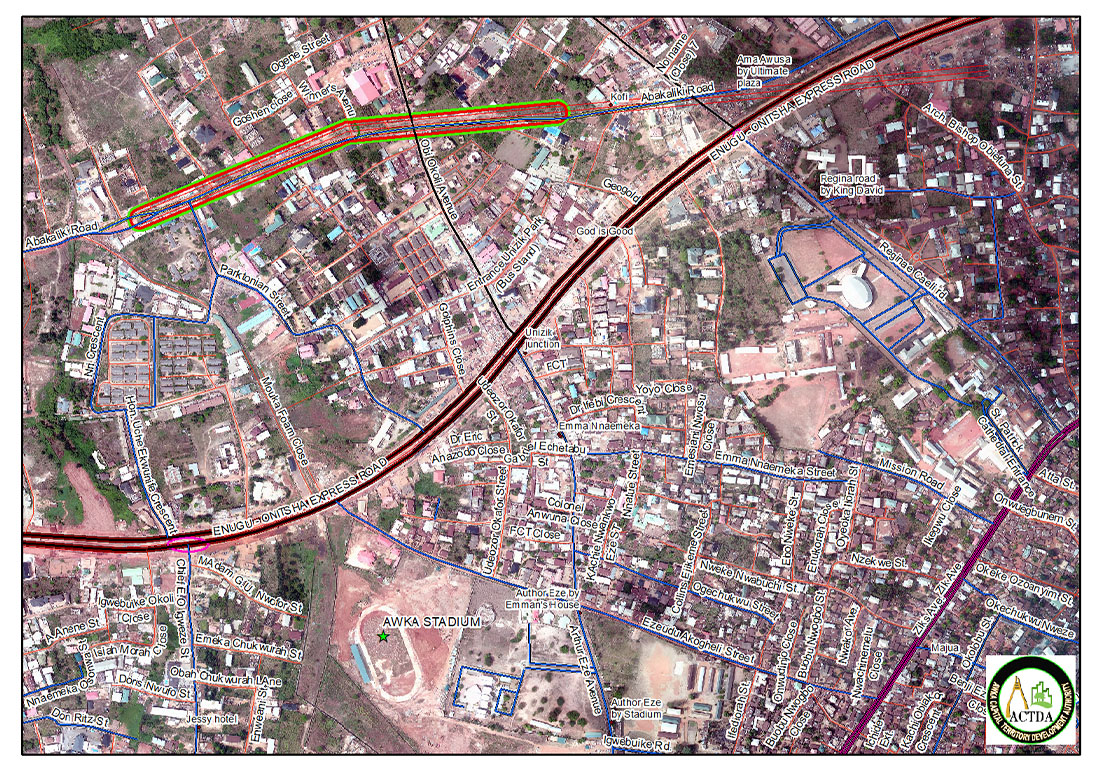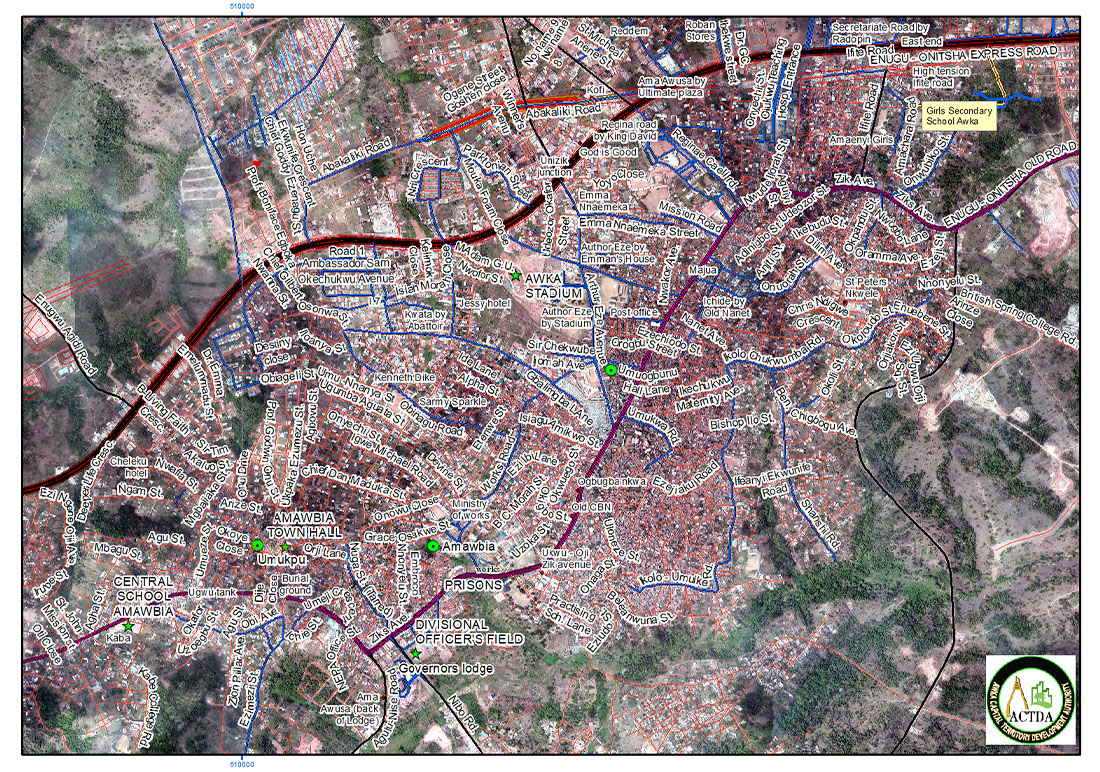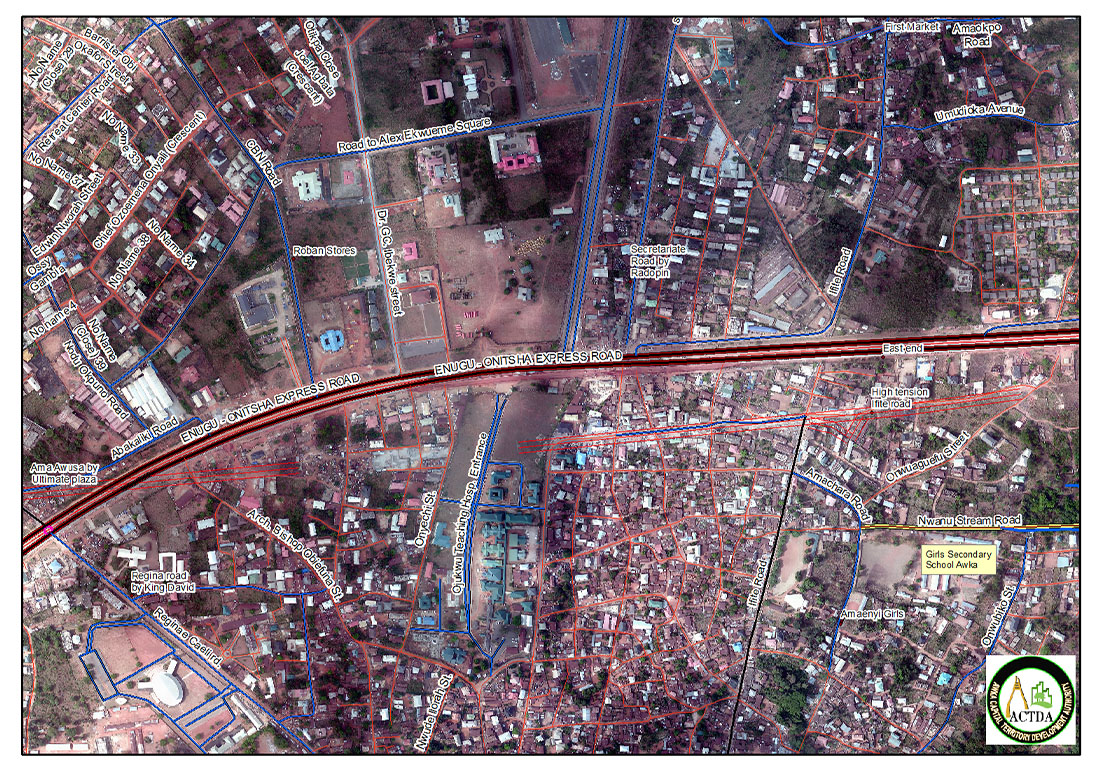Introduction
The Awka Capital Territory Development Authority (ACTDA) is committed to fostering inclusive city planning and development. Participatory approaches in city planning are essential for creating spaces that reflect the needs and aspirations of all community members. This documentation outlines the principles and practices of participatory approaches that ACTDA can integrate into its planning processes.
Principles of Participatory Approaches
- Inclusivity: Ensuring that all community members, including marginalized and underrepresented groups, have the opportunity to contribute to the planning process.
- Transparency: Making information accessible to all stakeholders, providing clarity on planning processes, and decision-making criteria.
- Collaboration: Working alongside community members, stakeholders, and experts to co-create solutions.
- Empowerment: Equipping individuals with the knowledge and tools necessary to engage effectively in the planning process.
- Sustainability: Developing plans that consider long-term environmental, social, and economic impacts.
Practices of Participatory Approaches
- Community Workshops: Organizing interactive sessions where community members can express their views and contribute ideas.
- Surveys and Polls: Collecting data on community preferences and needs through various feedback mechanisms.
- Focus Groups: Engaging specific groups within the community to delve deeper into particular issues or concerns.
- Public Forums: Hosting open meetings where project updates are shared, and feedback is solicited.
- Digital Platforms: Utilizing technology to reach a broader audience and facilitate ongoing dialogue.
Benefits of Participatory Approaches
- Enhanced Community Ownership: Residents are more likely to support and take pride in the outcomes of planning processes they have actively contributed to.
- Improved Relevance and Effectiveness: Plans that incorporate diverse perspectives are better suited to meet the actual needs of the community.
- Increased Trust: Transparent and inclusive processes build trust between ACTDA and the community it serves.
- Innovation: Collaborative environments can foster creative solutions that might not emerge from traditional top-down approaches.
Challenges and Considerations
- Balancing Diverse Interests: Finding common ground among stakeholders with different priorities can be challenging.
- Resource Allocation: Participatory processes can be resource-intensive and require careful planning to ensure efficiency.
- Managing Expectations: It is crucial to communicate the scope of influence community input will have on final decisions.
Conclusion
For ACTDA, adopting participatory approaches means committing to a planning process that values every voice in the community. By embracing these principles and practices, ACTDA can create more vibrant, equitable, and sustainable urban environments. The success of participatory planning hinges on the genuine engagement of all stakeholders, fostering a sense of shared responsibility and collective action towards the betterment of Anambra’s capital territory. Participatory Approaches in City Planning for ACTDA




